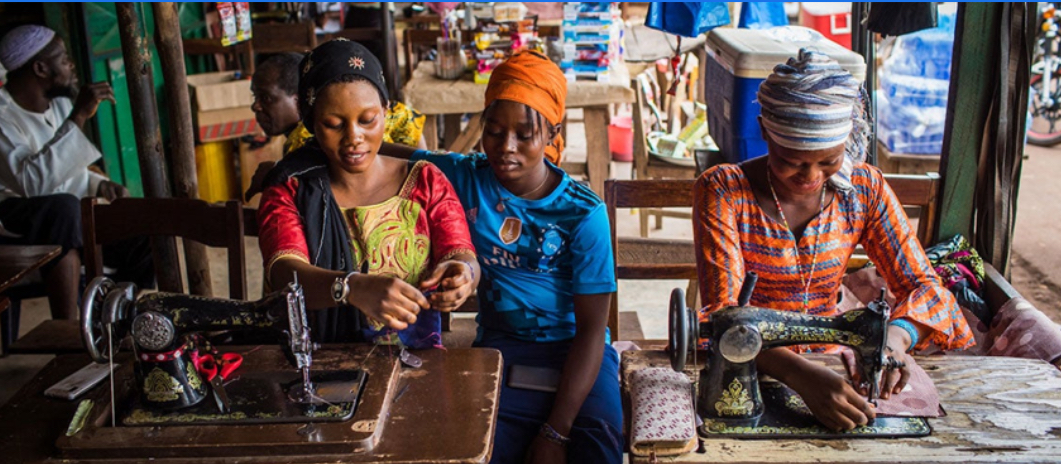Aisha Augie: Ambassador of African Cultural Memory - THISDAYLIVE
As Director-General of the Centre for Black and African Arts and Civilisation, Aisha Augie, a visual storyteller and public servant, is on a relentless mission to reconnect Africa with its cultural identity, from reviving FESTAC’s legacy to building a modern African Heritage Centre. She tells Vanessa Obioha how she is pushing past bureaucracy to spotlight the value of African culture
It was well past 8 p.m., but Hon. Aisha AdamuAugie, the Director-General of the Centre for Black and African Arts and Civilization (CBAAC), was still deep in the day’s affairs. Despite moving our meeting online to fit her packed schedule, she apologised and asked for more time.
Later, during a visit to the CBAAC office in Lagos, I saw firsthand the whirlwind that is her daily routine: back-to-back meetings and endless to-do lists. I was lucky to catch her in between engagements. Her typical day starts at 7:20 a.m. and often stretches into midnight.
Though Augie has spent the past nine years in public service, first as Special Adviser to the Minister of Finance, Budget & National Planning, and then as Senior Special Assistant to the Governor of Kebbi State on Digital Communications and New Media, her role at CBAAC comes with a new level of intensity. The agency has a continental mandate: to promote African culture and heritage and to revive the spirit of the iconic Festival of Arts and Culture ‘77 (FESTAC77).
With that mission comes weighty responsibility, and Augie has hit the ground running. In just her first year, she’s initiated several ambitious projects. Among them is her vision for an African Heritage Centre, a space that encourages research, and connects young people to their roots using audiovisual tools and virtual reality. There are also plans to incorporate architecture as a form of cultural storytelling. This is part of the forthcoming Pan-African Indigenous Skills Development Programme.
CBAAC also marks cultural milestones like Black History Month and the Day of the African Child. A Pan-African Intercultural Dialogue, in collaboration with the Ministry of Foreign Affairs, is scheduled for June 3 in Abuja, and the agency’s annual international conference typically culminates in the publication of a book.
“Since I commenced, we’ve had two books published. One is on cultural renaissance, and the other is on cultural diversity, integration and nation-building in Africa.” As head of a cultural agency, Augie explained clearly that culture goes beyond entertainment.
“People often see culture from the narrow lens of a tribe or religion,” she said. “I don’t think we have explored what we can do with traditional culture. Culture changes depending on which segment of society. For example, we are busy copying everybody’s architecture. You see roofs that are meant for snow in Abuja, where there’s no snow. So why are you copying a design that is meant for cold weather?”
To her, this speaks to a deeper issue: the lasting impact of colonialism.
“We’ve been trained to not believe in ourselves, to see what we have as second class, to look down on ourselves. This has trickled into everything else because someone speaks our language, say Yoruba or Igbo more fluently than the English language does not mean they are stupid or illiterate.”
She pointed to the everyday loss of cultural value, from the disappearance of traditional artefacts to the replacement of natural materials with environmentally harmful ones.
“We use plastics, which obviously destroy this earth, but we had calabashes and earthen pots which added minerals to our food, so we’re losing a lot of things, and it pains me because there is still value in ours. We cannot go anywhere without knowing our past.”
Ironically, while many Nigerians look down on their cultural heritage, the rest of the continent sees Nigeria as a cultural giant.
“We are the first to downgrade ourselves but globally, we’re seen as a first-class cultural country. Everybody knows that especially with our music, film and art. People are collecting Nigerian art because they know that in the near future, it’s going to be of immense value.”
Augie lamented the loss of language in our culture, and by language, she meant designs that convey more than aesthetics. She picked up her handbag and pointed to the motifs on it.
“These are motifs from the babariga that men wear. And back then, these motifs meant something, but we’ve lost that language. Same with adire. All those signs and symbols that you see on the older versions, not the contemporary ones, all have a meaning, but we are losing that language. The daughter of Aunty Nike of Nike Gallery has a book called Adire Patterns, which teaches one how to put together a story on fabric. In the olden days, a king may send his people to another kingdom to learn the language of the motifs. We need to revive that culture.”
However, reviving these traditions requires a mindset shift, and that’s one of the hardest tasks in public service, especially when people distrust the government.
“Even when you come with ideas that make sense, because it’s coming from the perspective of a government, people don’t take it as seriously as when it comes from someone in the private sector. I found that very frustrating,” she said.
She warned that letting outsiders shape policy creates more problems.
“We need more people who have been involved in the sectors that need to get themselves involved in policy-making because if we don’t grow the policy section with individuals who have either studied these things or have experienced these things at the end of the day, we can’t expect people from other sectors to save us.”
This conviction is what drew Augie, a multifaceted creative best known for her audio/visual storytelling, into public service in the first place.
“The reason I got into government in the first place was to promote stories through photography, and when I started seeing these huge gaps and hearing others express the same frustrations, I wondered who was going to fix the sector. And it’s not a sector I want to give up on because I’ve lived and thrived off it.”
Her art, she said, not only nurtured her soul but also paid her bills.
“My art kept me going most of my adult life, and I know and I see the potential. That’s why I do a lot of training because you have people who have the talent but don’t have the entrepreneurial mindset. I wasted a couple of years doing art for art’s sake until I understood I could actually make money from it.”
One of the high points of President Bola Tinubu’s administration is that he appointed creatives to spearhead the culture and creative sector, an industry which in the past has been helmed by people from other professions. This, Augie said, has helped ease up the frustration.
“We now have a group of individuals who understand the problems from all perspectives; not just the perspective of the government or the private sector. I now have a family that helps level up that frustration where you don’t feel like you’re the only one moving through it. And so far, we have a minister that is doing the rounds and raising awareness.”
Still, the agency remains underfunded. Augie hopes for greater support from both government and private investors.
“We are more than just entertainment. We are job creators. The creative and cultural sector is a very low-hanging fruit because it allows us to create something from nothing, and it allows us to make you happy. I have lived off it since I was 20. We should really support our young people when they want to do stuff within the creative and cultural sector.”
Dressed in a vibrant kaftan and headwrap, seated behind her desk at CBAAC, Augie’s determination radiates. It’s a trait she credits to her parents: her late father, Senator AdamuAugie, and her mother, retired Justice AminaAdamuAugie. She described her mother as a very hardworking woman who selflessly served the country for 45 years.
“Although she lost her father when she was 21, she remains a Daddy’s girl. One of her most formative memories is tied to her father’s encouragement during the 1992 election campaign that had the late UmaruShinkafi and Bashir Tofa as running mates.”
“He said to me, ‘You see this man (pointing to Shinkafi), he was a child like you. People may be in awe, but all of us were children. So you can be anything you choose to be. Everybody started somewhere.’ I always remember that. I was between 10 and 11 years old, and it taught me never to be in awe of anyone.”
FESTAC77 also holds personal resonance.
“My dad worked with NTA and was part of the media team. He always talked about the festival. My mom even said she learned the word colloquium from it. The memories made a deep impression on me.”
That same nostalgia came rushing back during the recent renovation of the National Theatre, where she once performed as a child.
“Taking it back to where it used to be, is something very inspiring to me. And being at CBAAC, we are directly connected to the National Theater.”
As the 50th anniversary of FESTAC ‘77 approaches, Augie has high hopes.
“Our hope is to have a sort of reenactment of that, but not just about the event, but that spirit of Pan Africanism to also remind Africans of how we all united globally, both those on the continent and in the diaspora.”
Already, she’s been having conversations with ambassadors of francophone and Lusophone countries who have expressed willingness to work towards the upcoming celebration.
As we rounded up the interview, Augie’s juvenile tendencies came into focus, from her laughter to her playful antics.
“I’m very childish at heart,” she said.
And a precocious one too.
“I love plants, flowers and pearls. I’m the type of person who can research why fleas exist, or why certain plants are yellow and others greener. I just love information, probably why I ended up with mass communications,” said the graduate of Mass Communication from Ahmadu Bello University, Zaria.
She also has an MBA from Hult International Business School, London and certifications in Digital Filmmaking from the New York Film Academy; and a ‘Curating Contemporary Art Exhibitions’ certification from the Chelsea College of Arts, University of the Arts, London.
Even though she has multiple talents in creativity, from photography, to sculpting, Augie said she is yet to conquer the world.
“I’m a big dreamer. I’m also solutions-focused. So wherever solutions lead me to, I go. I have no limits,” she said heartily.
You may also like...
The Man Who Survived Two Atomic Bombs: Tsutomu Yamaguchi
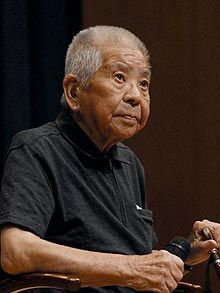
Tsutomu Yamaguchi survived both atomic bombings in Hiroshima and Nagasaki. His story is a powerful reminder of war, surv...
Why Hustle Culture Kills Career Growth in Africa
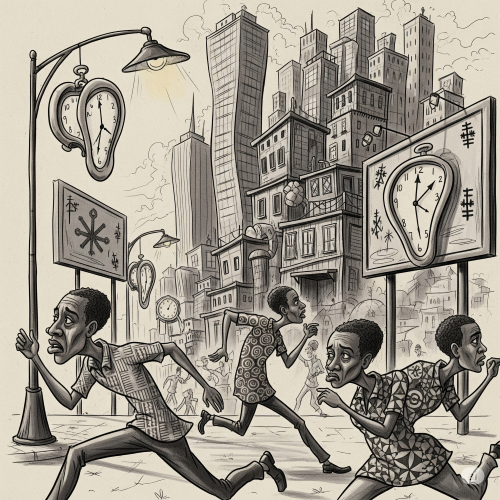
Is your future really safe with hustle?
Coldplay Kiss Cam Scandal: Astronomer CEO's Affair & Stoddard Drama Rocks the Internet!

An alleged affair between Astronomer CEO Andy Byron and HR Chief Kristin Cabot, caught on 'Kiss Cam' at a Coldplay conce...
Perplexity AI's Comet Browser: A Google & Apple Killer That Can Replace Your Recruiter!
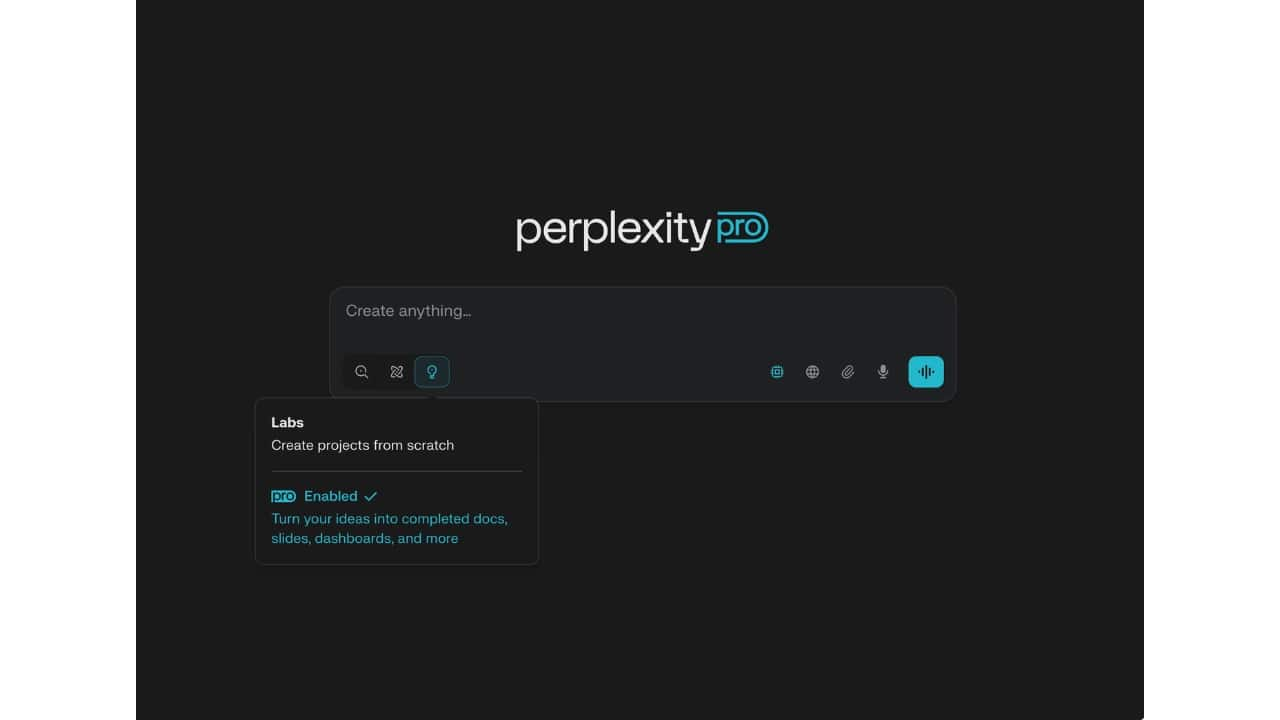
Perplexity AI is launching its new AI browser, Comet, with a dual aim: to challenge Google Chrome and Apple Safari in th...
Bannerghatta Road: 2025's Explosive Real Estate Goldmine?

Bannerghatta Road is transforming into a prime real estate investment hub in Bengaluru, driven by its strategic proximit...
Fixed Income Frenzy: Gen Z & Millennials Abandon Stocks for Bonds!

Bonds are rapidly gaining surprising popularity among Gen Z and Millennials in India, driven by technological access and...
The Grand Deception: How the Plunder of Africa’s Treasures Fuelled the Myth of a “Continent Without
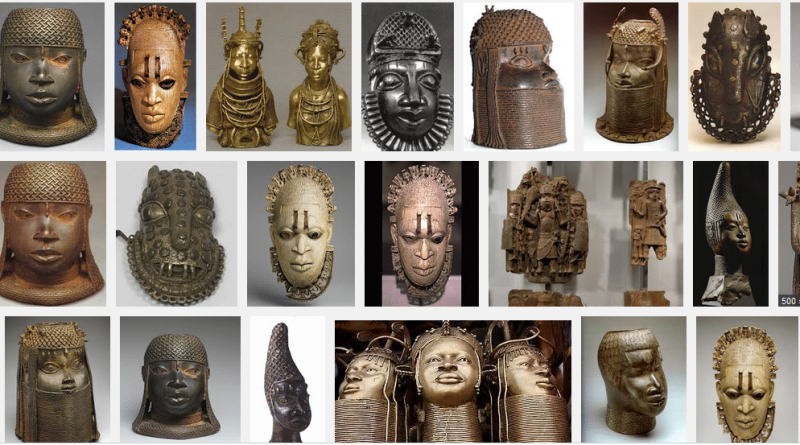
They said Africa had no history. But that narrative was built on a lie, solidified by the systematic theft of its cultur...
Afrobeats vs. Amapiano: A Sonic Battle for Africa’s Dance Floors?
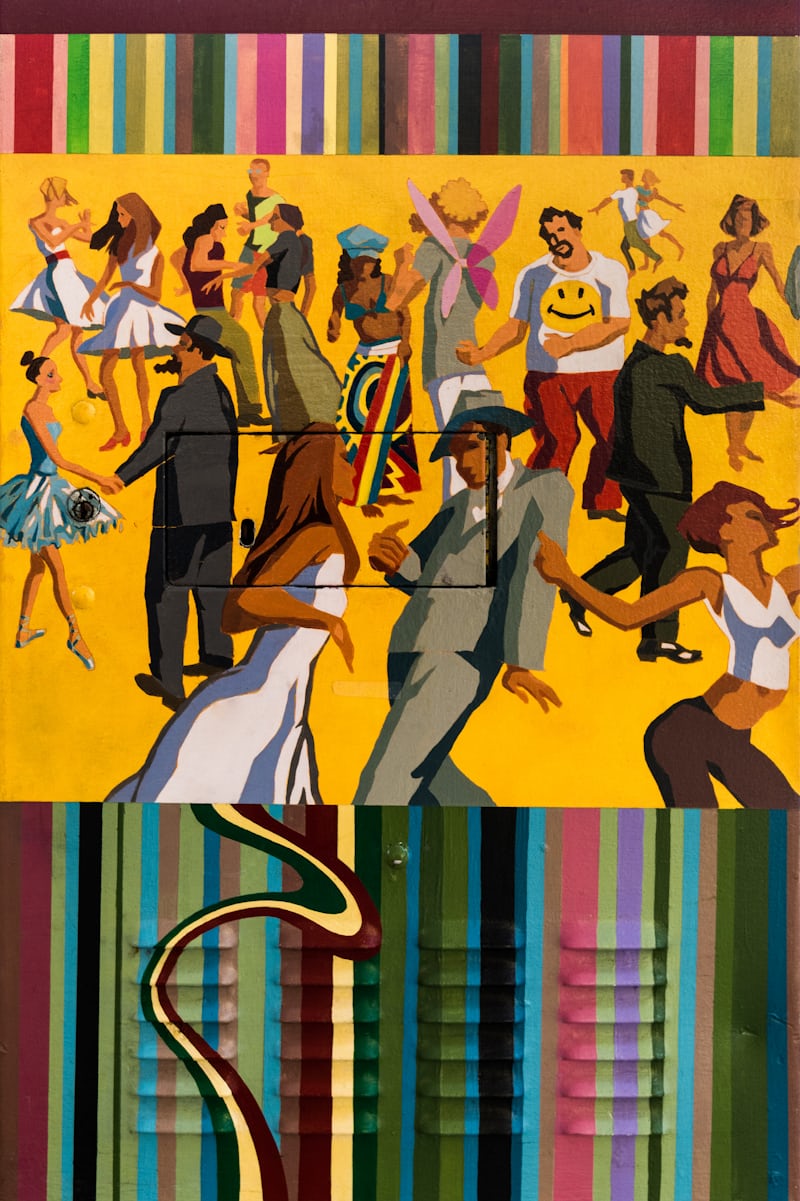
"Afrobeats and Amapiano are dominating Africa’s music scene—but is it a rivalry or a revolution? Explore the sounds, roo...
